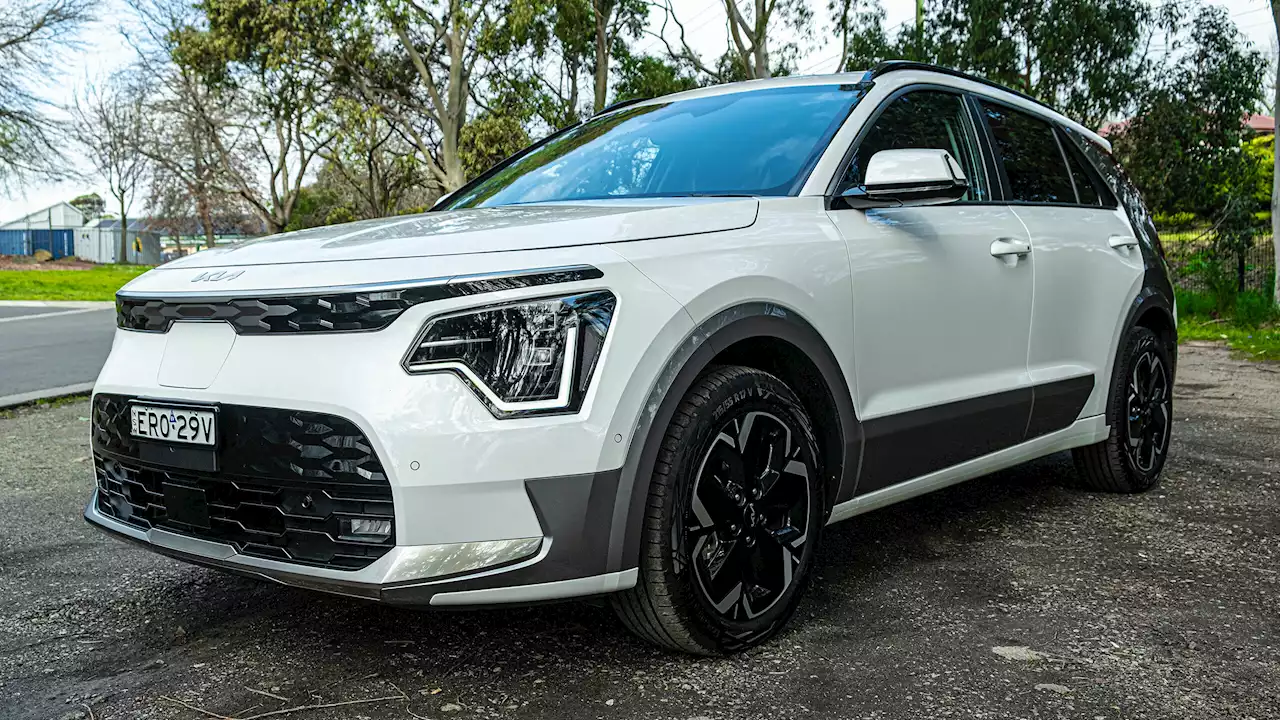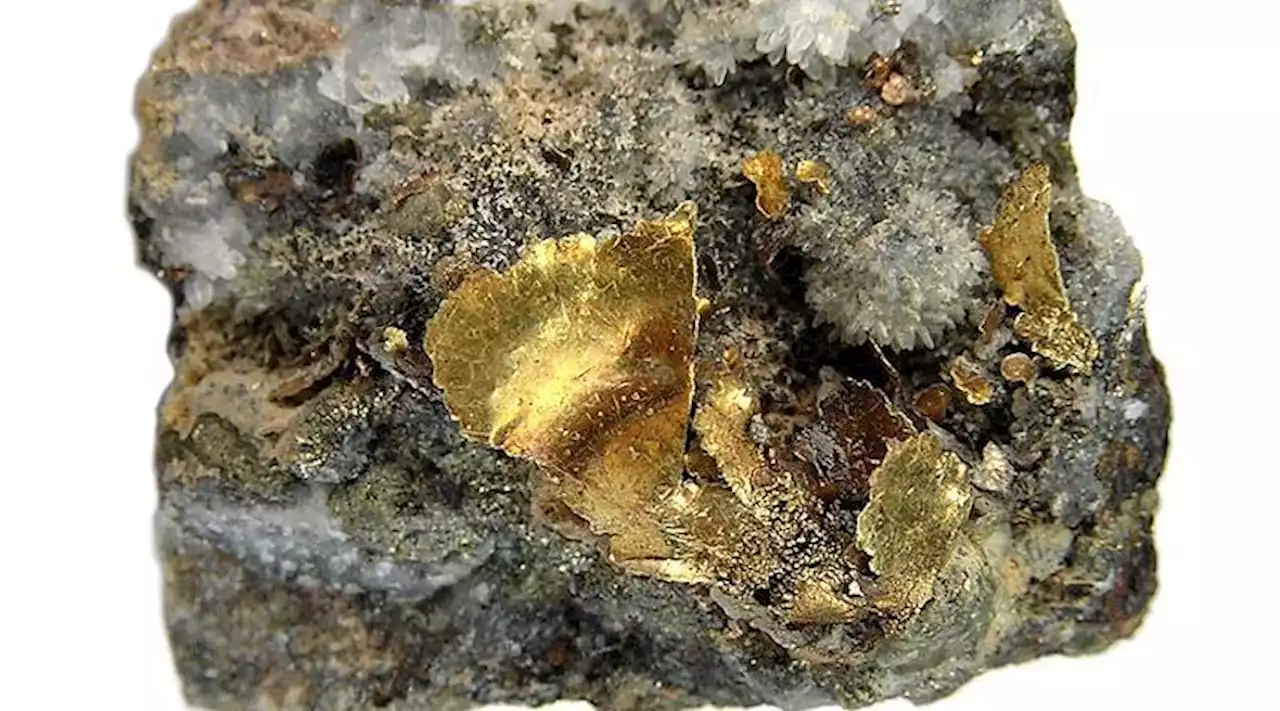A research team has successfully developed a new method that can prevent the crossover of large fuel molecules and suppress the degradation of electrodes in advanced fuel cell technology using methanol or formic acid. The successful sieving of the fuel molecules is achieved via selective proton transfers due to steric hindrance on holey graphene sheets that have chemical functionalization and act as proton-exchange membranes.
For realizing carbon neutrality, the demand for the development of direct methanol/formic acid-fuel cell technology has been increasing. In this technology, methanol or formic acid is used as an e-fuel for generating electricity. The fuel cells generate electricity via proton transfer; however, conventional proton-exchange membranes suffer from the"crossover phenomenon," where the fuel molecules are also transferred between anodes and cathodes.
In this study, the researchers developed a new proton-exchange membrane comprising graphene sheets with 5-10 nm-diameter holes, which are chemically modified with sulfanilic functional groups affording sulfo groups around the holes. Owing to steric hindrance by the functional groups, the graphene membrane successfully suppresses the crossover phenomenon by blocking the penetration of the fuel molecules while maintaining high proton conductivity for the first time to the best of our knowledge.
To date, conventional approaches for inhibiting fuel-molecule migration involved an increase of the membrane thickness or sandwiching two-dimensional materials, which in turn reduced the proton conductivity. In this study, the researchers investigated structures that inhibit the migration of fuel molecules through electro-osmotic drag and steric hindrance.
Furthermore, simply pasting the graphene membrane onto a conventional proton-exchange membrane can suppress the crossover phenomenon. Thus, this study contributes to the development of advanced fuel cells as a new alternative for hydrogen-type fuel cells.
Singapore Latest News, Singapore Headlines
Similar News:You can also read news stories similar to this one that we have collected from other news sources.
 Council Post: More Efficient Marketing With AI—But Not The Way You ThinkToday, every dollar needs to stretch as far as possible, especially when you never know how many of them might be in the next quarter’s budget.
Council Post: More Efficient Marketing With AI—But Not The Way You ThinkToday, every dollar needs to stretch as far as possible, especially when you never know how many of them might be in the next quarter’s budget.
Read more »
 Efficient training for artificial intelligenceNew physics-based self-learning machines could replace the current artificial neural networks and save energy.
Efficient training for artificial intelligenceNew physics-based self-learning machines could replace the current artificial neural networks and save energy.
Read more »
 Bipartisan effort from states, White House looks to quadruple efficient AC, heating by 2030Washington Governor Jay Inslee called heat pumps “almost a miraculous solution” to temperature problems made worse by climate change.
Bipartisan effort from states, White House looks to quadruple efficient AC, heating by 2030Washington Governor Jay Inslee called heat pumps “almost a miraculous solution” to temperature problems made worse by climate change.
Read more »
 Review: 2024 Kia Niro EV GT-Line Is Expensive But Extremely EfficientThe 2024 Kia Niro EV GT-Line is the most efficient EV that we've ever tested
Review: 2024 Kia Niro EV GT-Line Is Expensive But Extremely EfficientThe 2024 Kia Niro EV GT-Line is the most efficient EV that we've ever tested
Read more »
 Gold nanoclusters may play important role in hydrogen productionAtomically precise gold nanoclusters may be the key to efficient hydrogen production.
Gold nanoclusters may play important role in hydrogen productionAtomically precise gold nanoclusters may be the key to efficient hydrogen production.
Read more »
 Heating and cooling space habitats isn’t easy – one engineering team is developing a lighter, more efficient solutionIt’s hard to keep a spacecraft cool, but ongoing research on the International Space Station might yield a solution.
Heating and cooling space habitats isn’t easy – one engineering team is developing a lighter, more efficient solutionIt’s hard to keep a spacecraft cool, but ongoing research on the International Space Station might yield a solution.
Read more »
